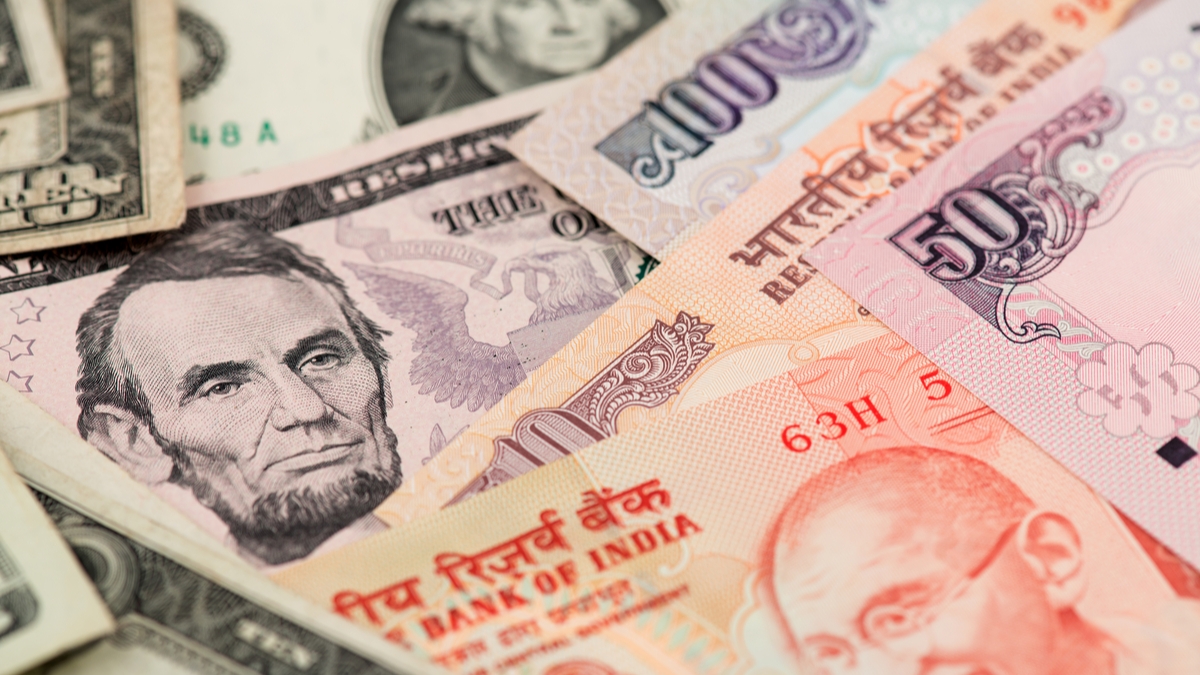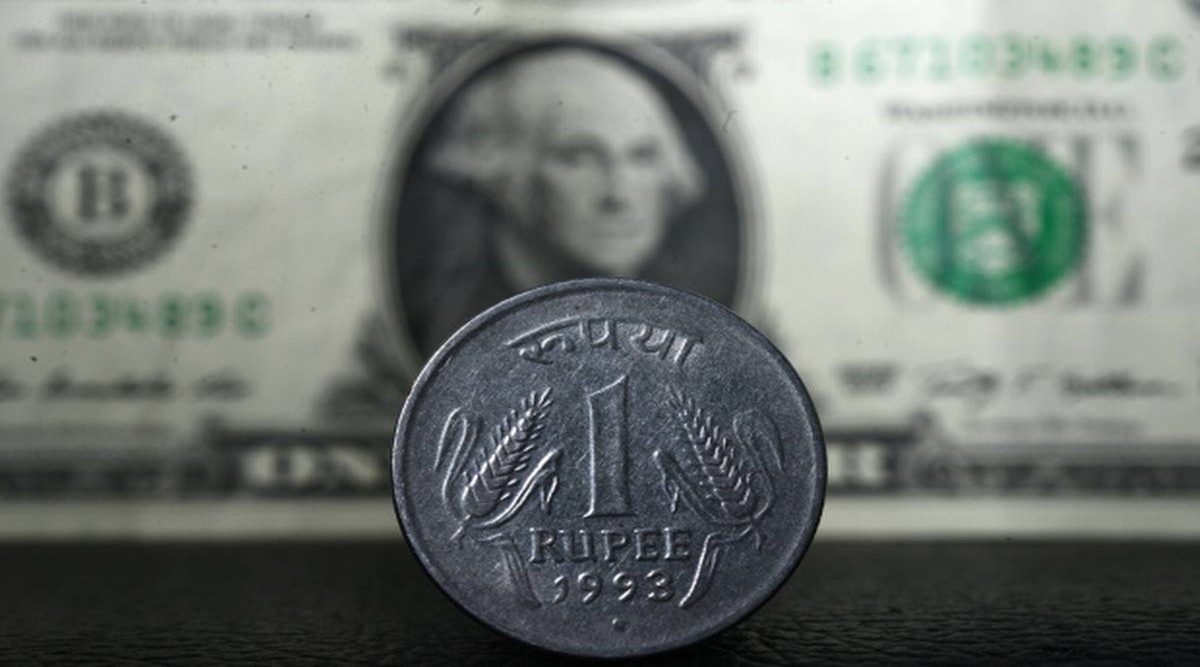Sunil Barthwal, India’s secretary of commerce, stated on Friday that his country is willing to conduct business in dollars with nations who are having problems with their currencies or are short of dollars. The secretary also stated that the government is concentrating on improving the rupee payment system after the announcement of the Foreign Trade Policy (FTP) 2023, which aims to grow India’s exports to USD 2 trillion by 2030.
In order to make the Indian Rupee (INR) a universal currency, changes have been made to the FTP to allow for the settlement of international transactions in INR. In his remarks to the audience, Trade and Industry Minister Piyush Goyal exuded assurance that the country will reach its export goal of USD 2 trillion by 2030. He emphasized that no industry could succeed alone through subsidies or other aids.
The FTP has also developed an amnesty program for Advance Authorization and EPCG authorization holders to settle a single export requirement default. On payment of all customs charges that were exempted in proportion to unmet EO and interest at the rate of 100% of such duties exempted, the authorization holder may regularise all pending instances of the default in meeting export obligations (EO) of the authorizations specified. For the share of Additional Customs Duty and Special Additional Customs Duty, however, no interest is due.
For simplicity of understanding and compliance by industry, the policy for exporting dual-use commodities under Special Chemicals, Organisms, Materials, Equipment and Technologies (SCOMET) has been integrated in one location. The SCOMET policy places a strong emphasis on India’s export control in accordance with its international obligations under various export control regimes (the Wassenaar arrangement, the Australia group, and the Missile Technology Control Regime) to regulate trade in sensitive/dual use items and technology.

